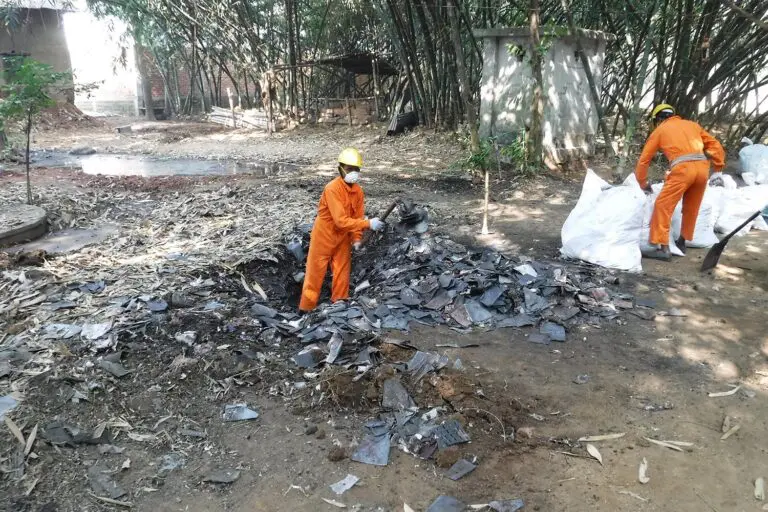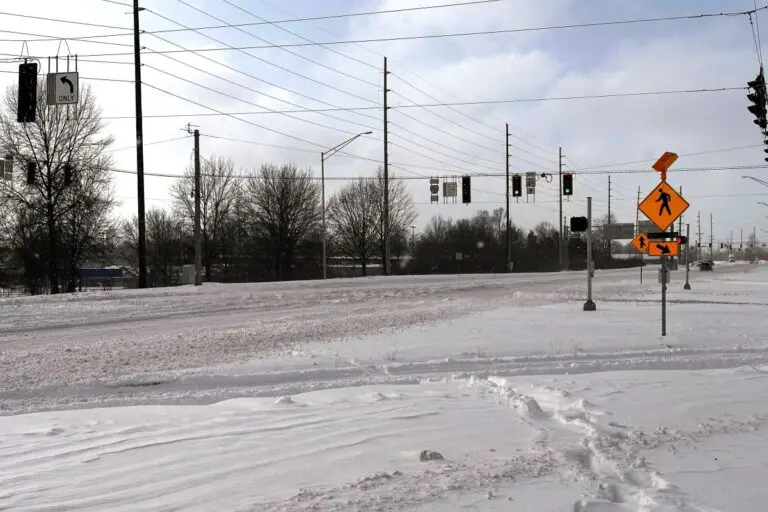West Indianapolis, in 2019, face ongoing air quality issues due to nearby industrial facilities. The area, located between trucking companies and factories, experiences strong odors and dust, prompting the family to keep their children indoors. The dust is a sign of fine particulate matter, or soot, which poses serious health risks.
The Biden Administration has introduced a new federal rule to reduce fine particulate matter pollution by 25%, which the EPA estimates could save thousands of lives and provide $46 billion in public health benefits by 2032. However, the rule could cost industries, particularly steel mills, hundreds of millions of dollars to comply.
Indiana Attorney General Todd Rokita, along with 23 other Republican attorneys general, has filed a federal lawsuit to block the rule, arguing it will harm jobs and raise consumer prices. Rokita has a history of challenging the EPA’s authority, including cases aimed at limiting its power over air and water regulations.
Despite the potential health benefits, the lawsuit, if successful, could halt efforts to improve air quality in areas like West Indianapolis, where fine particulate matter levels are dangerously high. Local residents, like Gutierrez, express concern over the health impacts on their families, particularly as the area ranks 13th worst in the U.S. for particulate matter pollution.
Related Posts:
- $72M EPA Grant Targets 'Forever Chemicals' in Great Lakes
- Creation Care: An Indiana Congregation’s Fight for…
- How Indiana Is Fighting Against Water Pollution in…
- Indiana’s Youth Take the Lead in Climate Change Action
- Is Climate Change Already Affecting Indiana’s Agriculture?
- Fort Wayne’s Weather - Average Annual Rainfall and…












